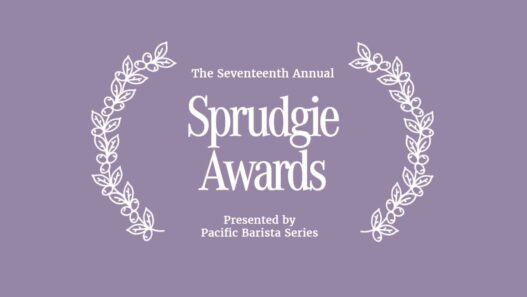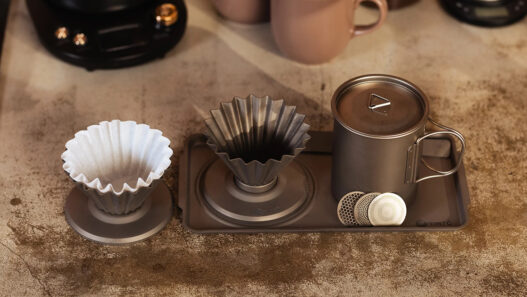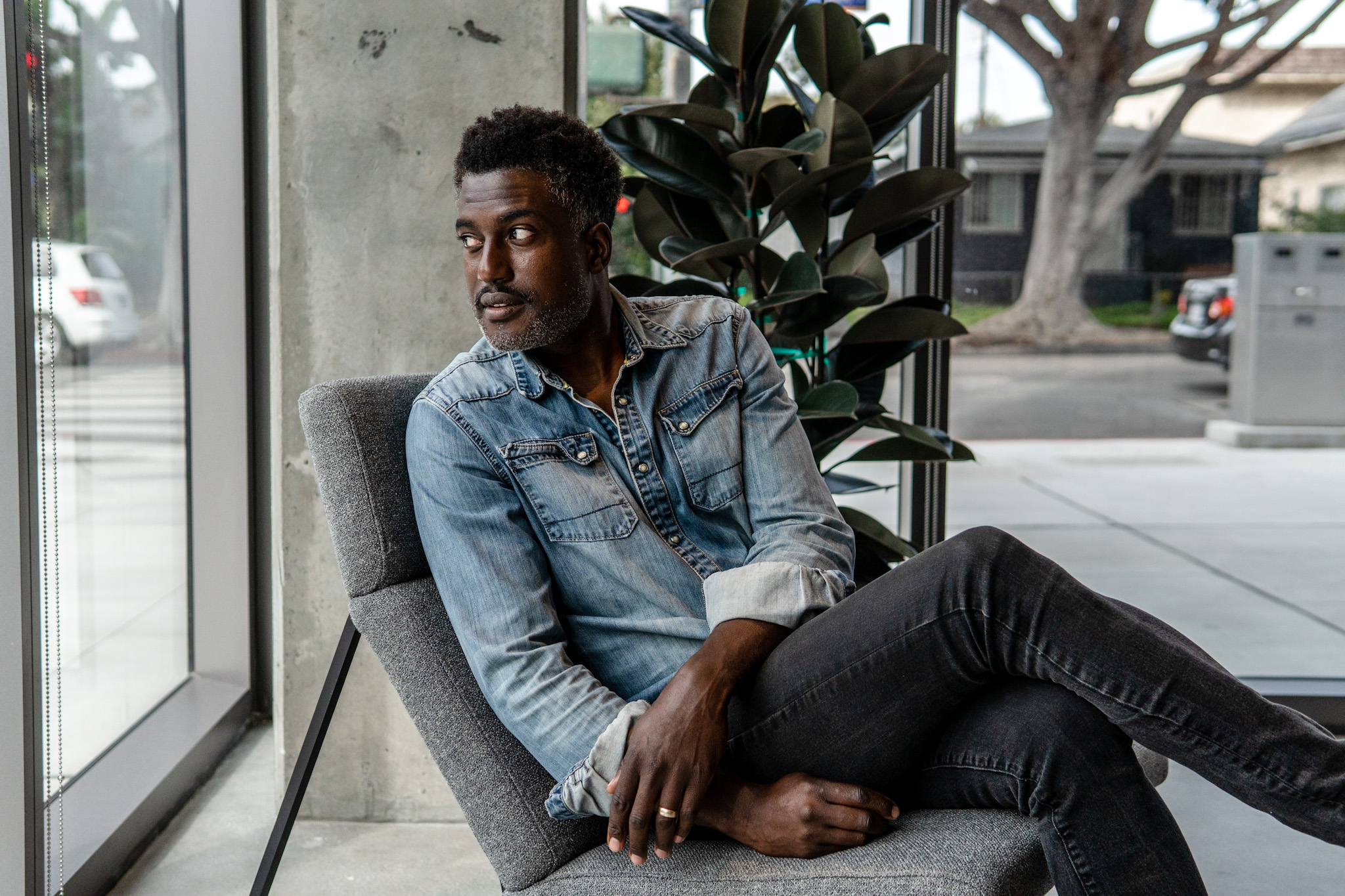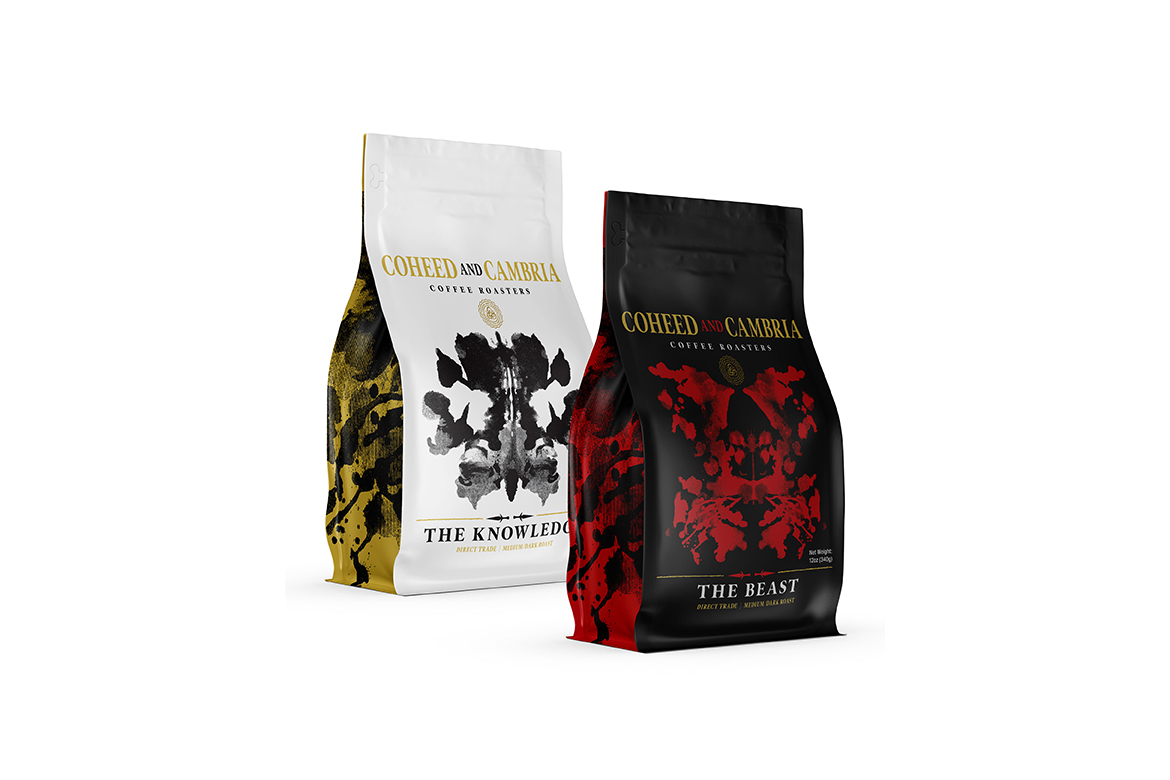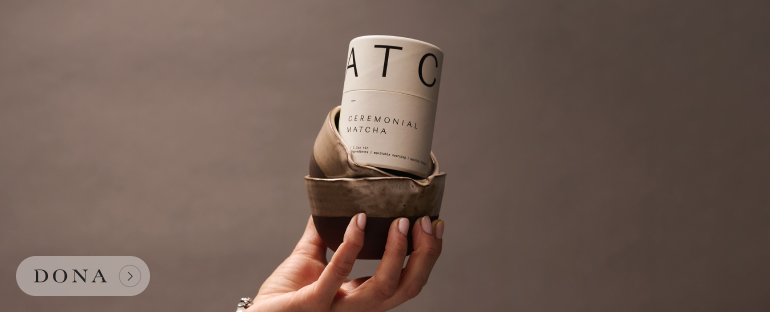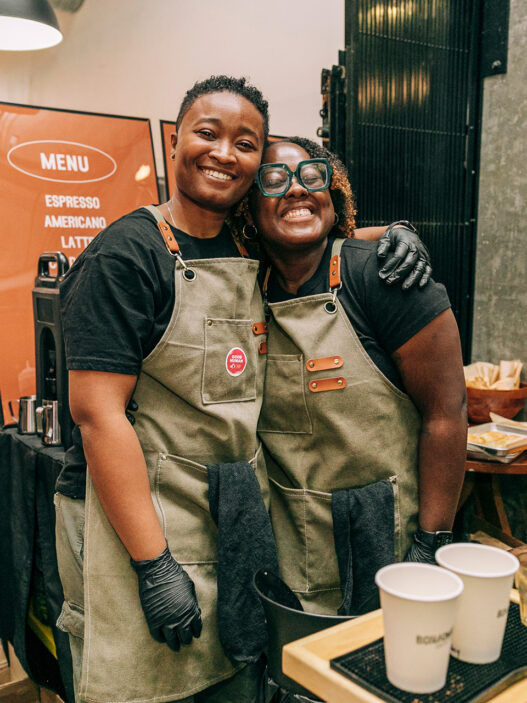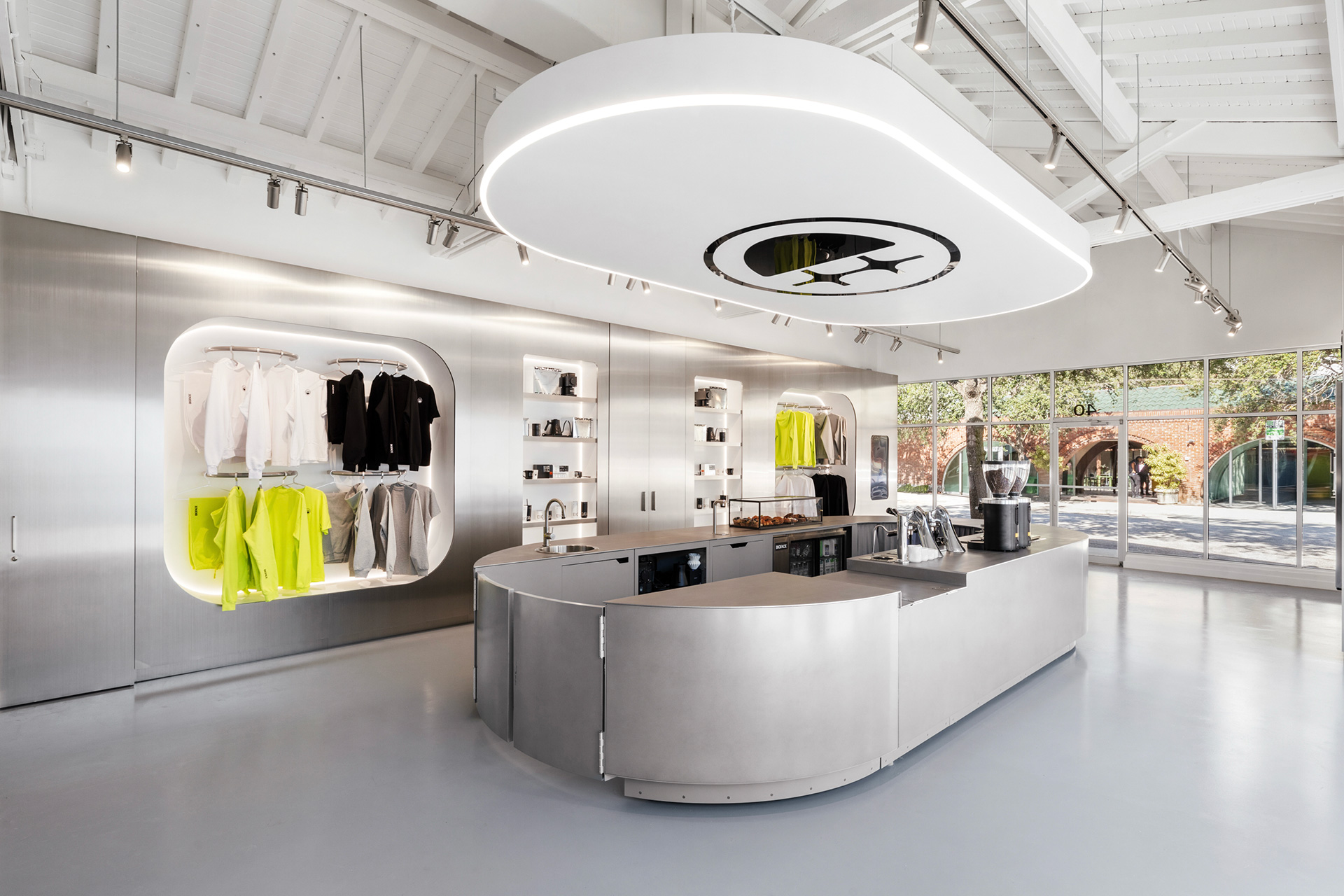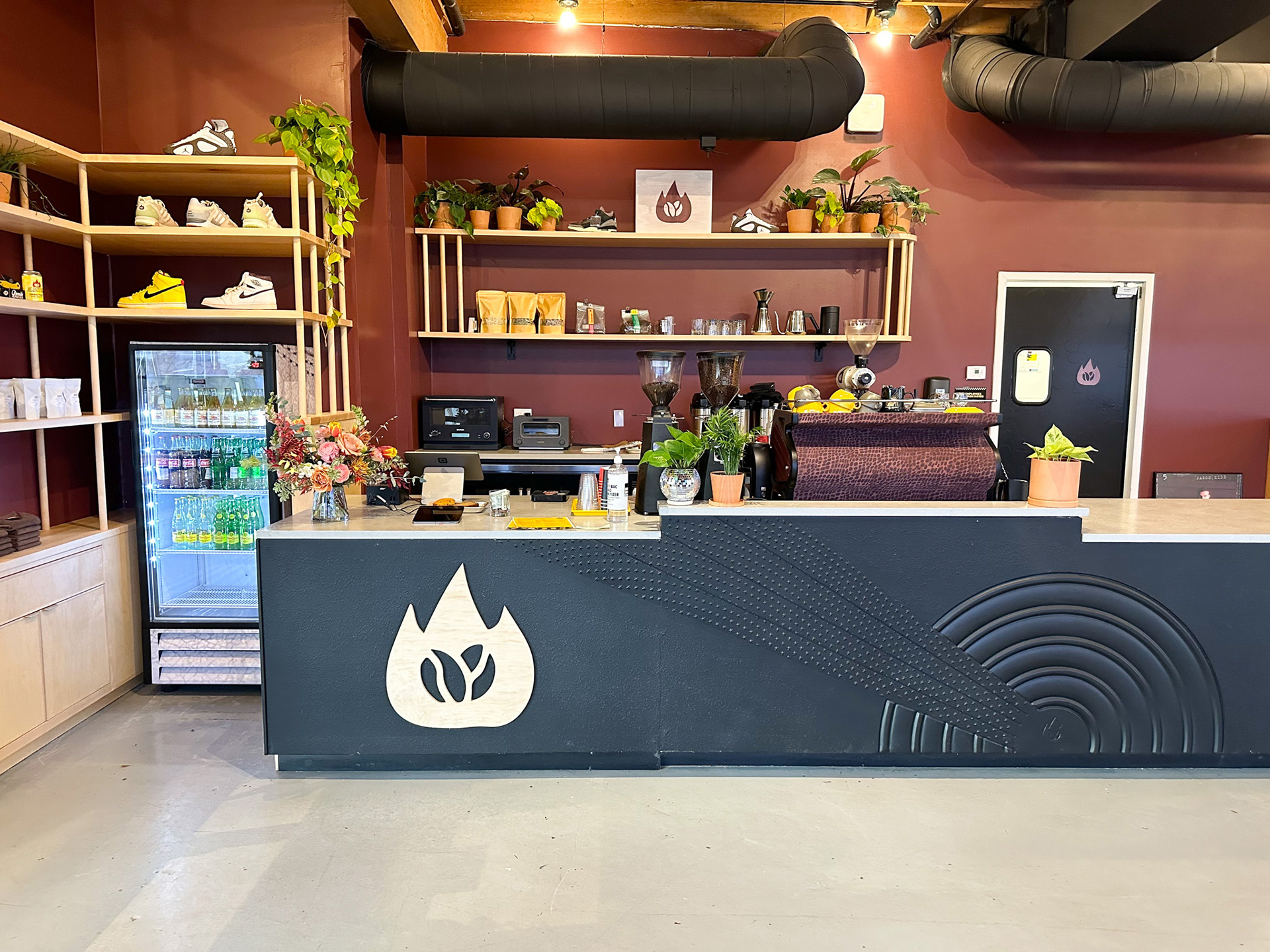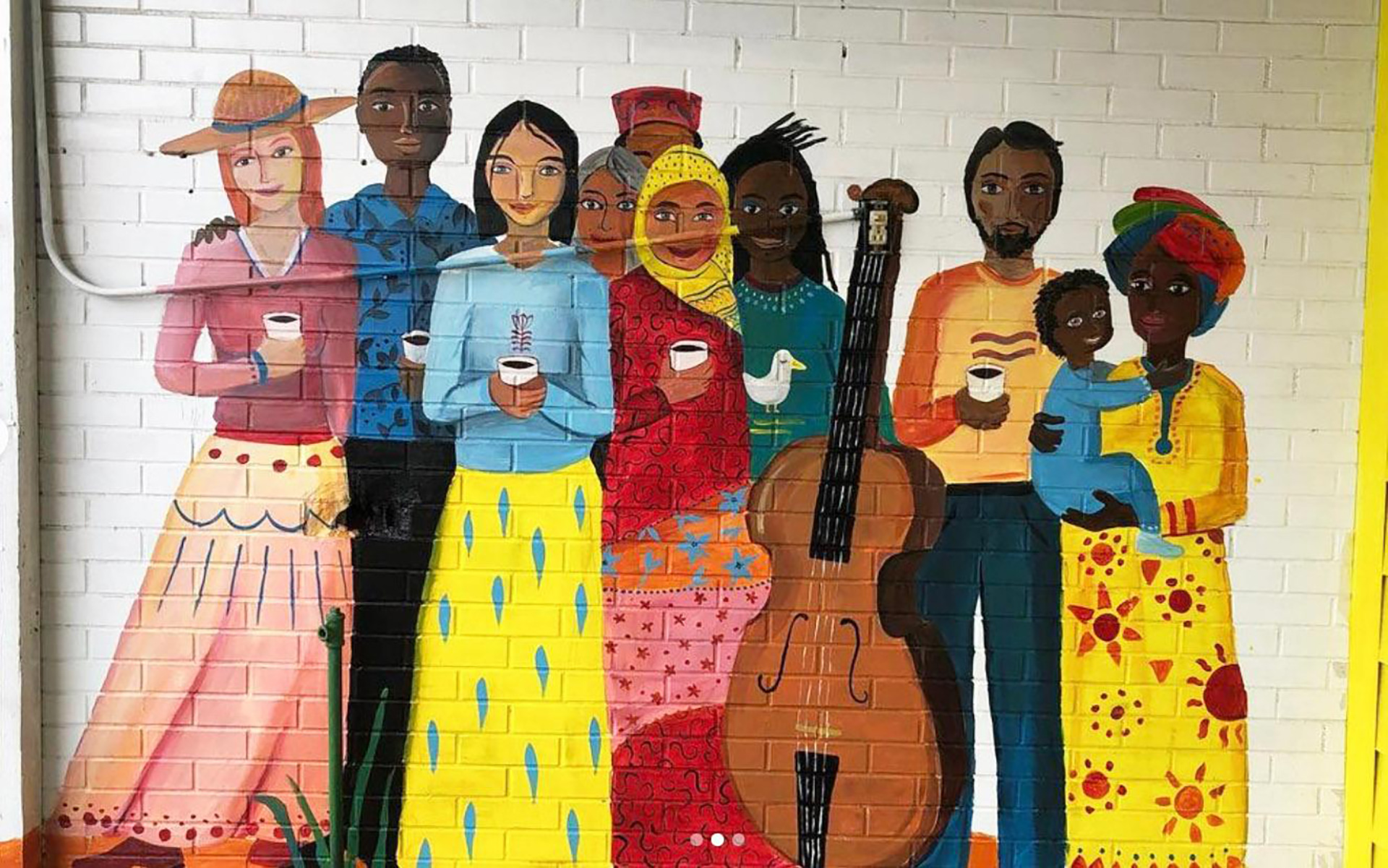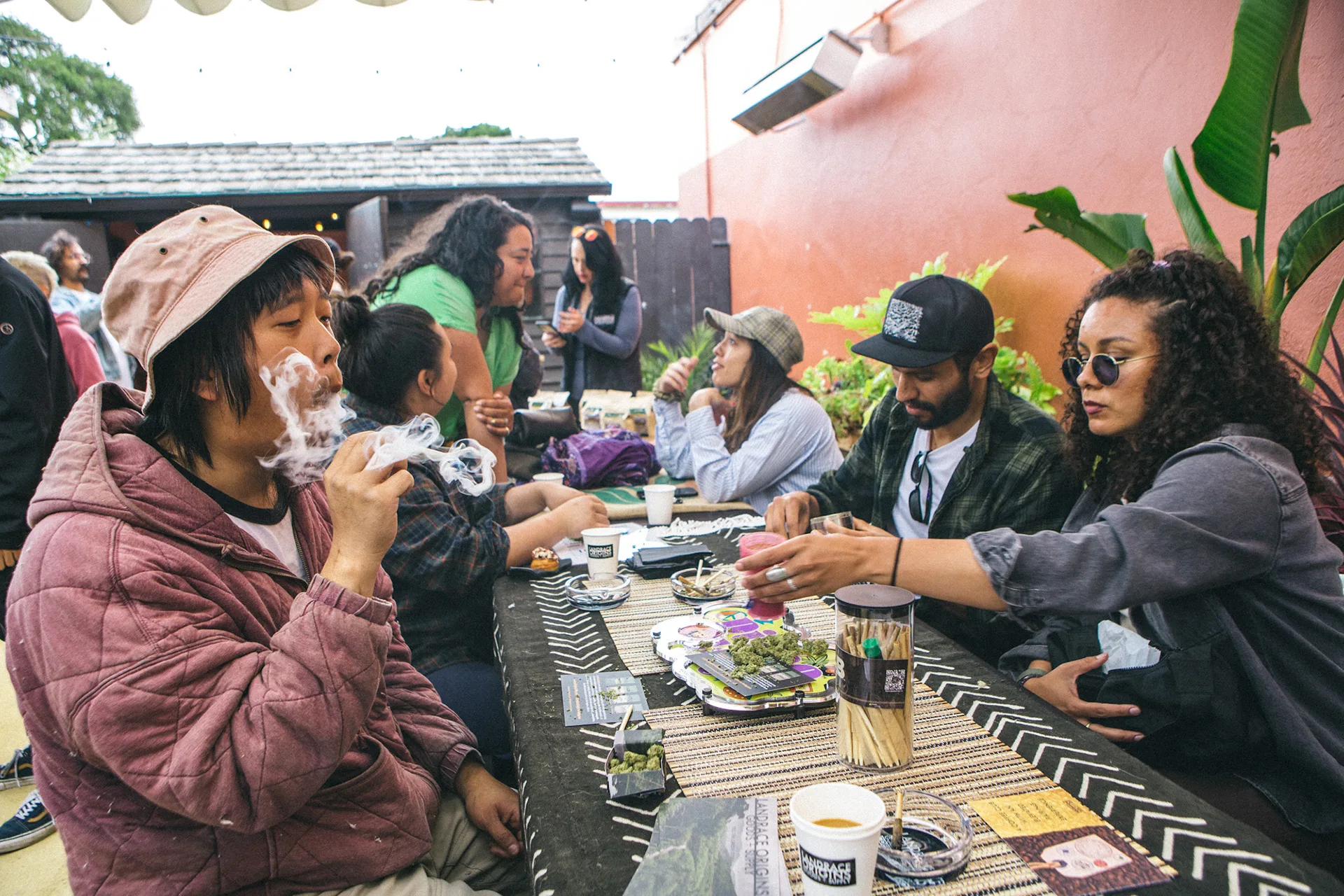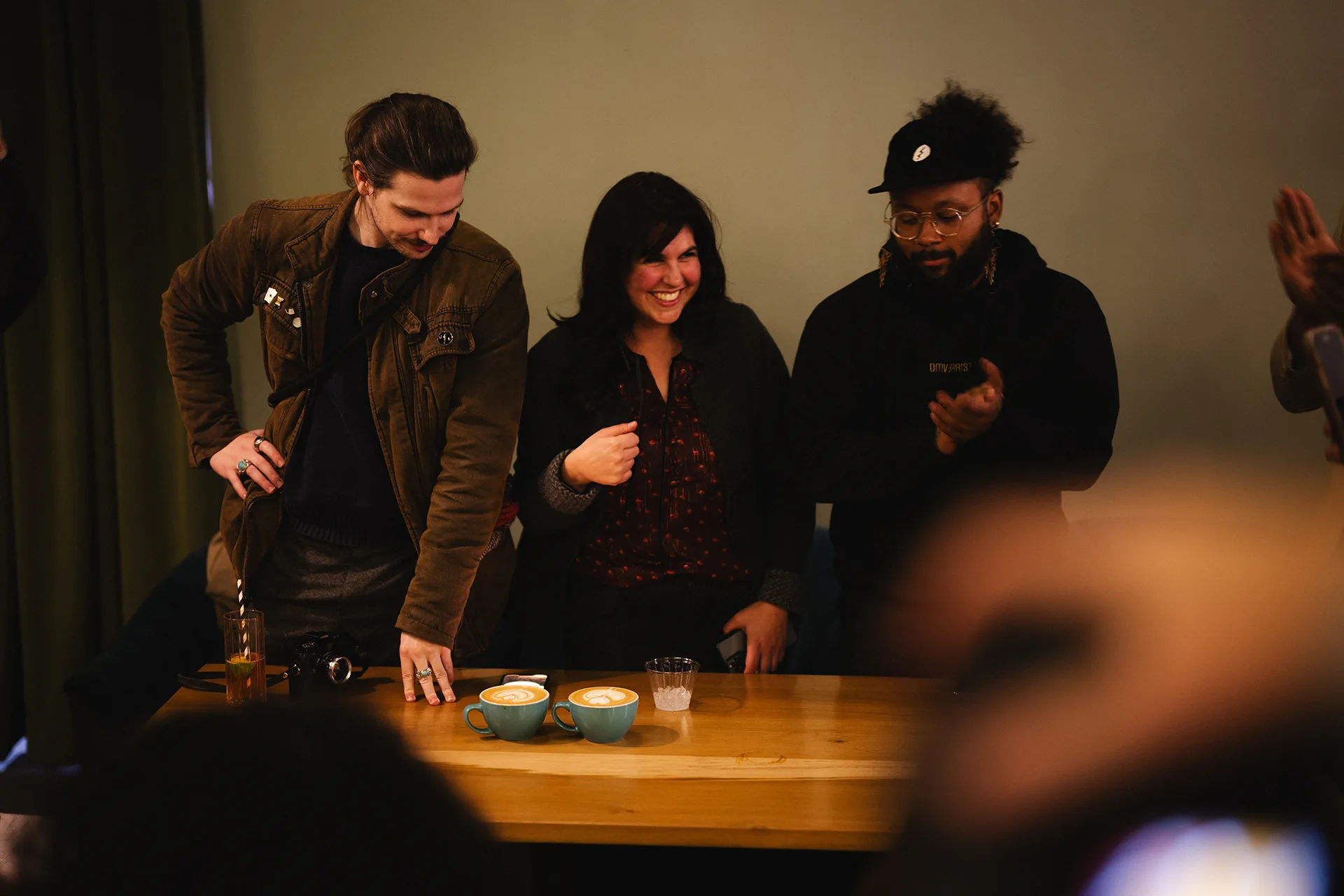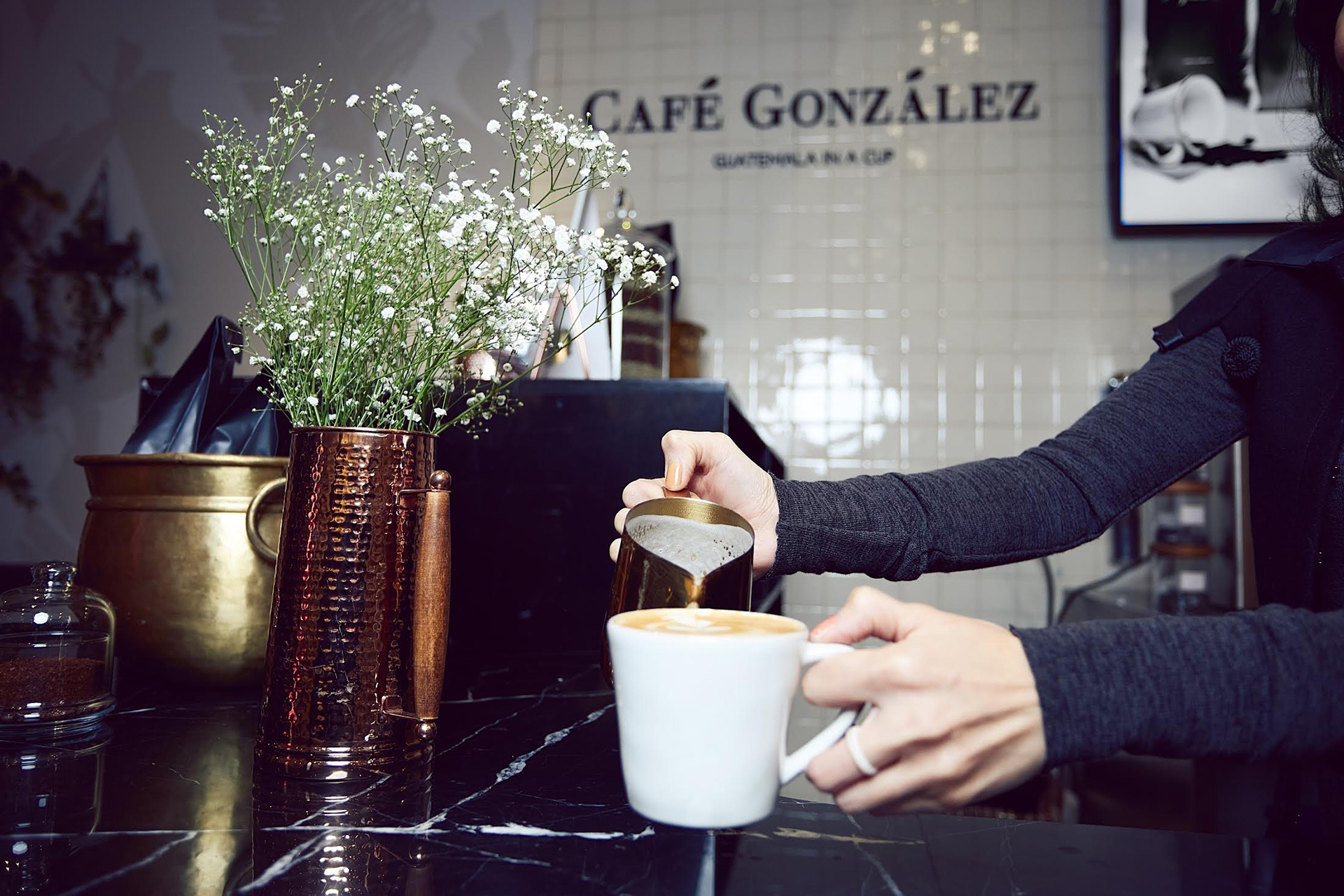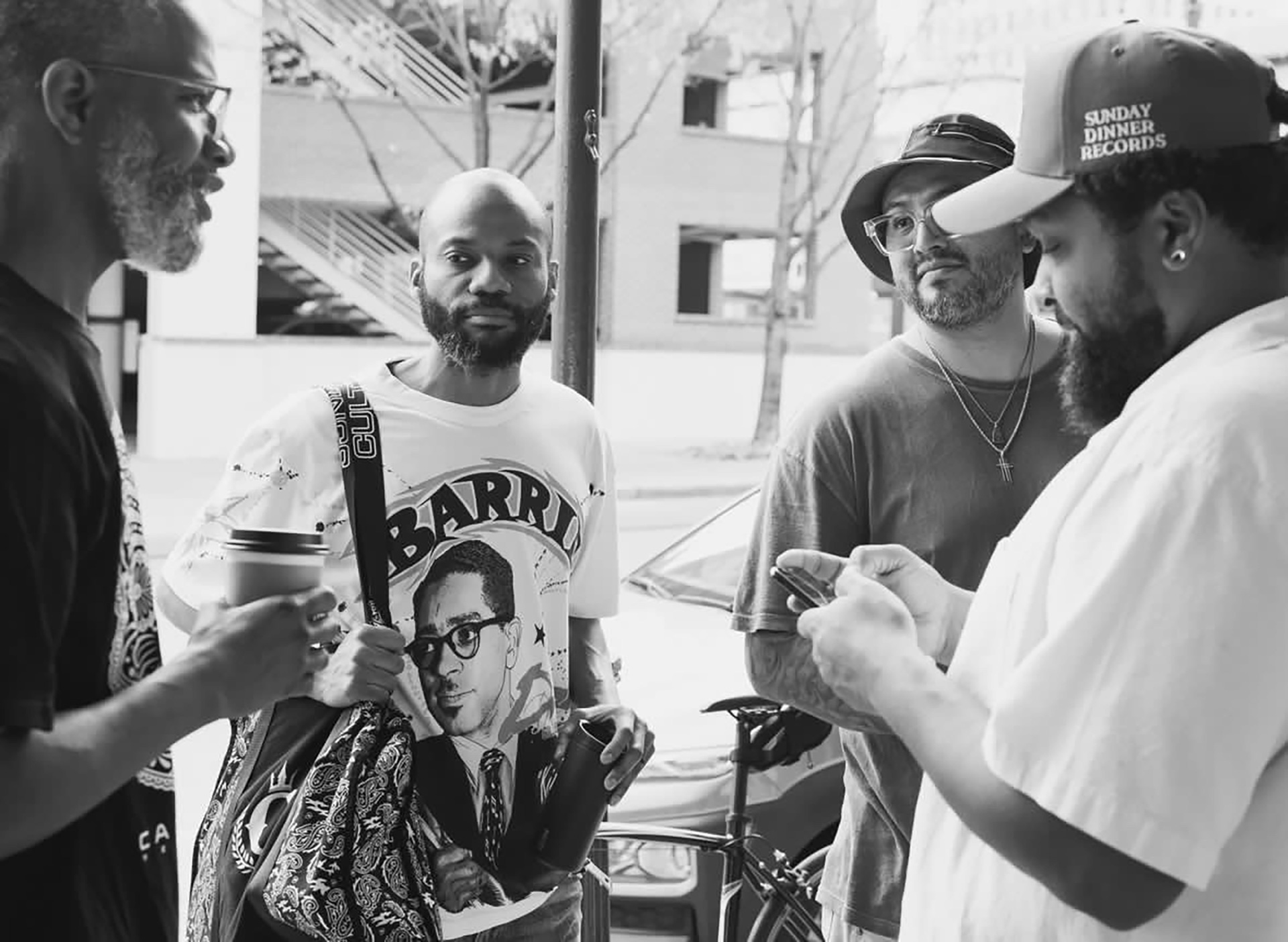“Whenever I feel like I’m getting too far away from where I need to be, I think about my [kids] and the legacy I have to leave for them, and it always brings me back to reality.” – Dwayne Wade
I think at some point in all our lives, we have a conversation with ourselves about legacy and its level of importance to each of us. We might ask ourselves, “How do I view my impact on those I care about and my community? The world? How do I want to be remembered? What do I want to pass on to the next generation?” If this conversation with self hasn’t happened yet, that’s okay. For some folks, it’s already built into their lives through lineage. Others make a conscious decision to build it from scratch: “This starts here with me.”
The year was 1993. That’s when 15-year old Edward Ackah-Miezah—owner and founder of Cafe Ruisseau, the oldest Black-owned specialty coffee company in Los Angeles—started working at his neighbor’s coffee cart in Seattle. He had no idea this moment would become the seed for growing a legacy of his own. “The first thing I said to [my neighbor] was, ‘how are you so tan in Seattle?’” Ackah-Miezah laughed as he recounted meeting Joe, the neighbor, in the laundry room. They struck up a conversation and upon learning that Joe owned the cart, Ackah-Miezah asked for a job. Sometimes the start is as simple as that.
“I didn’t know anything about espresso or what a latte was,” he tells me. “I’d never thought about coffee before, but Joe introduced me to that whole world and it changed my world.”
Seattle in the early 1990s represents an important moment in time for coffee history in America. This was an era of major expansion for Starbucks, and brought about the launch of influential companies like Espresso Vivace (1992) and Lighthouse Roasters (1993), helping form the earliest building blocks of specialty coffee culture today. But the city’s growing appreciation for espresso ristretto and specialized roasting belied a popular interest in coffee drinks that were fun, easy to drink, and accessible. “Joe didn’t take me too deep into coffee,” remembers Ackah-Miezah.”He just taught me the basics. We were serving syrupy drinks and back then, I had a palate for hazelnut, amaretto, and raspberry so that’s all there was to it.”
Ackah-Miezah moved to Los Angeles after high school and found himself working coffee gigs to help make rent between acting and modeling jobs. It wasn’t before long that he noticed customers coming in to ask for him, specifically, at the different places he worked. This sparked something.
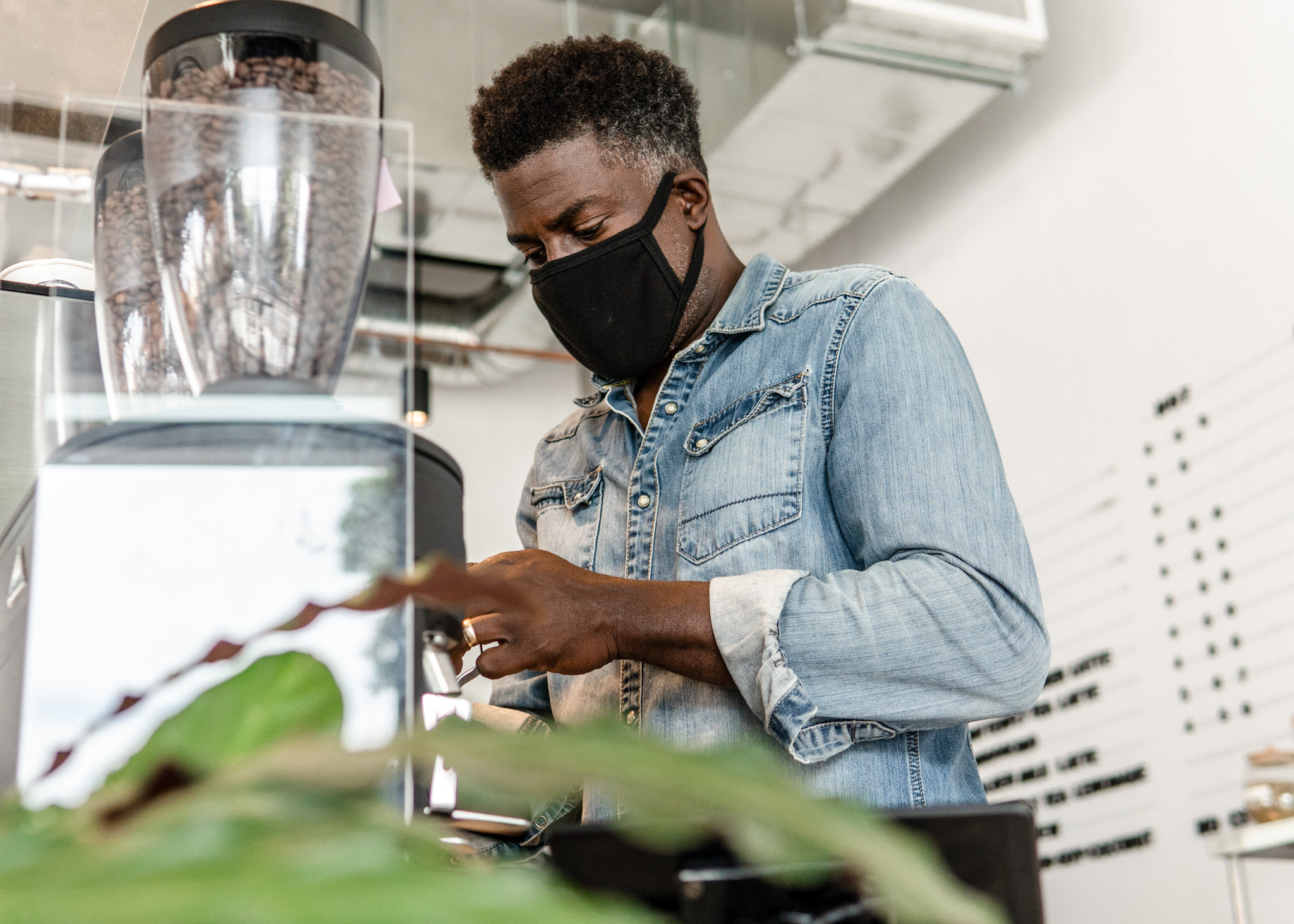
“[I realized], ‘wow, I’m really contributing to this owner’s business and driving income. I think I can do this on my own.’” The birth of Ackah-Miezah’s first child, in 2005, caused a shift in focus: away from acting and modeling, and towards something that would sustain his growing family. So in 2005, Cafe Ruisseau, too, was born, named for his infant daughter. He describes this connection as “emblematic” of the people he takes care of—whether blood or chosen family—through the business itself.
Today Cafe Ruisseau operates two distinct brick-and-mortar cafes, located in Playa Vista and in Santa Monica, but the path to get there had to first go through the stars—of the movie variety. In a classic full-circle moment, Ruisseau began life as a coffee cart on the Fox Studio lot on Pico Boulevard, in Century City. Ackah-Miezah actually started out as a barista in the backlot commissary but knew he wanted to get his coffee closer to the people he served. “Production assistants would come in with an order of 50 drinks,” he recalls, “and by the time they got back to the set the drinks were either spilled, cold when they should be hot, or the other way around. I started thinking if I get all this [coffee] equipment together, I can take it to the set and make coffee for them.”
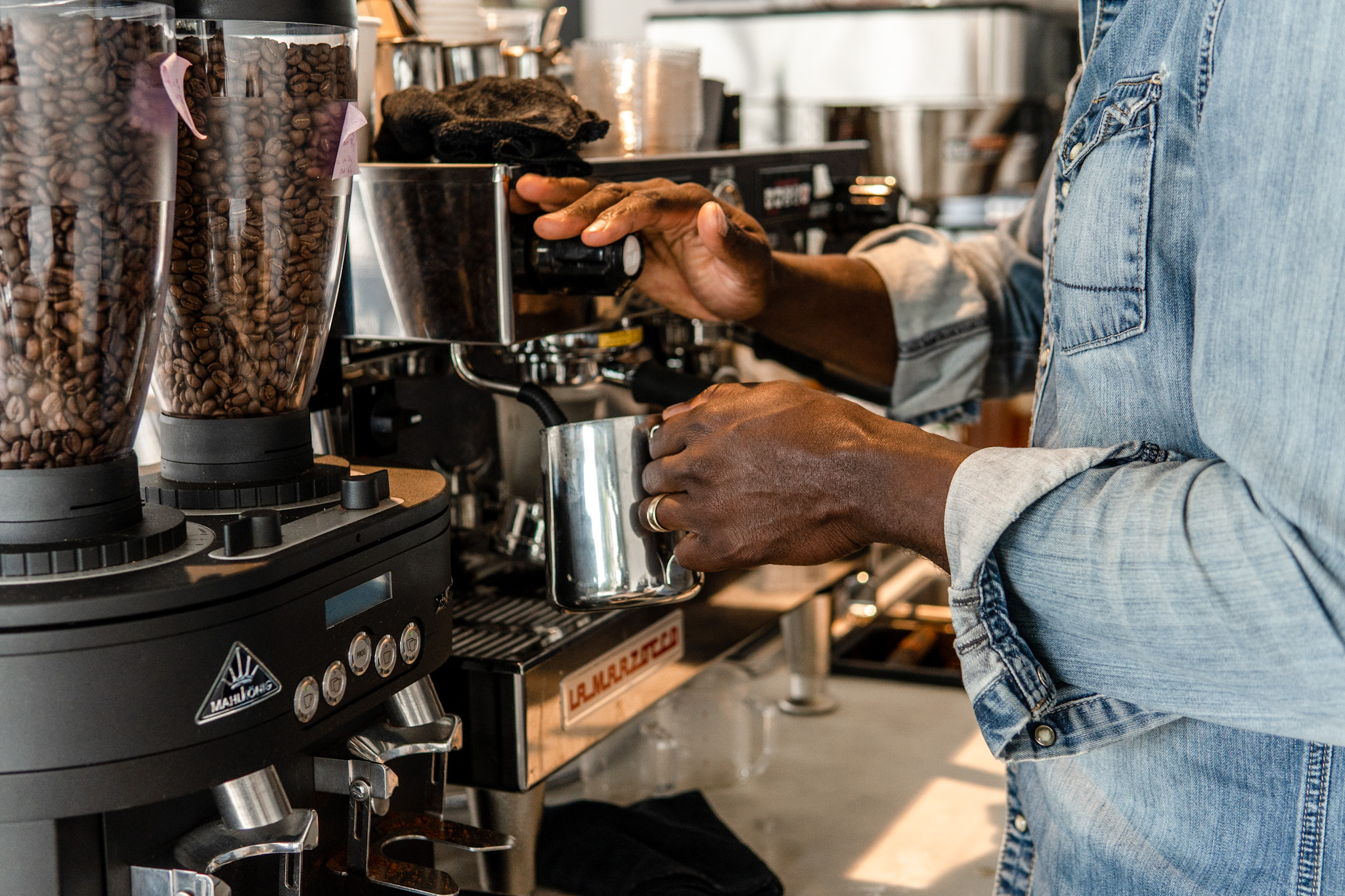
Ackah-Miezah gathered a bit of money to purchase the necessary equipment then simply started telling everyone who came by the commissary cafe about his new offering. It worked—his first gig was the premiere party for Mr. & Mrs. Smith.
Buzz grew around his project steadily from there, resulting in a steady stream of film industry business for Cafe Ruisseau for years. He was continually hired to make coffee (roasted by Groundwork) on the sets of productions including My Name Is Earl, Spiderman 3, Ugly Betty, and later on, Dear White People and My Name Is Dolemite. He’d regularly work two different sets in the same day, and often at the last minute. Business spread to include other occasions like weddings, baby showers, teacher appreciation days, and real estate open houses. Ackah-Miezah loved the hustle.
“It was so fun to do coffee in that capacity. The person hiring you pays for everything, so everyone is really happy to see you because they’re getting free, good coffee. Then you’re able to really transform a basic room—I’ve done a lot of teacher’s lounges!—into a cool space.”
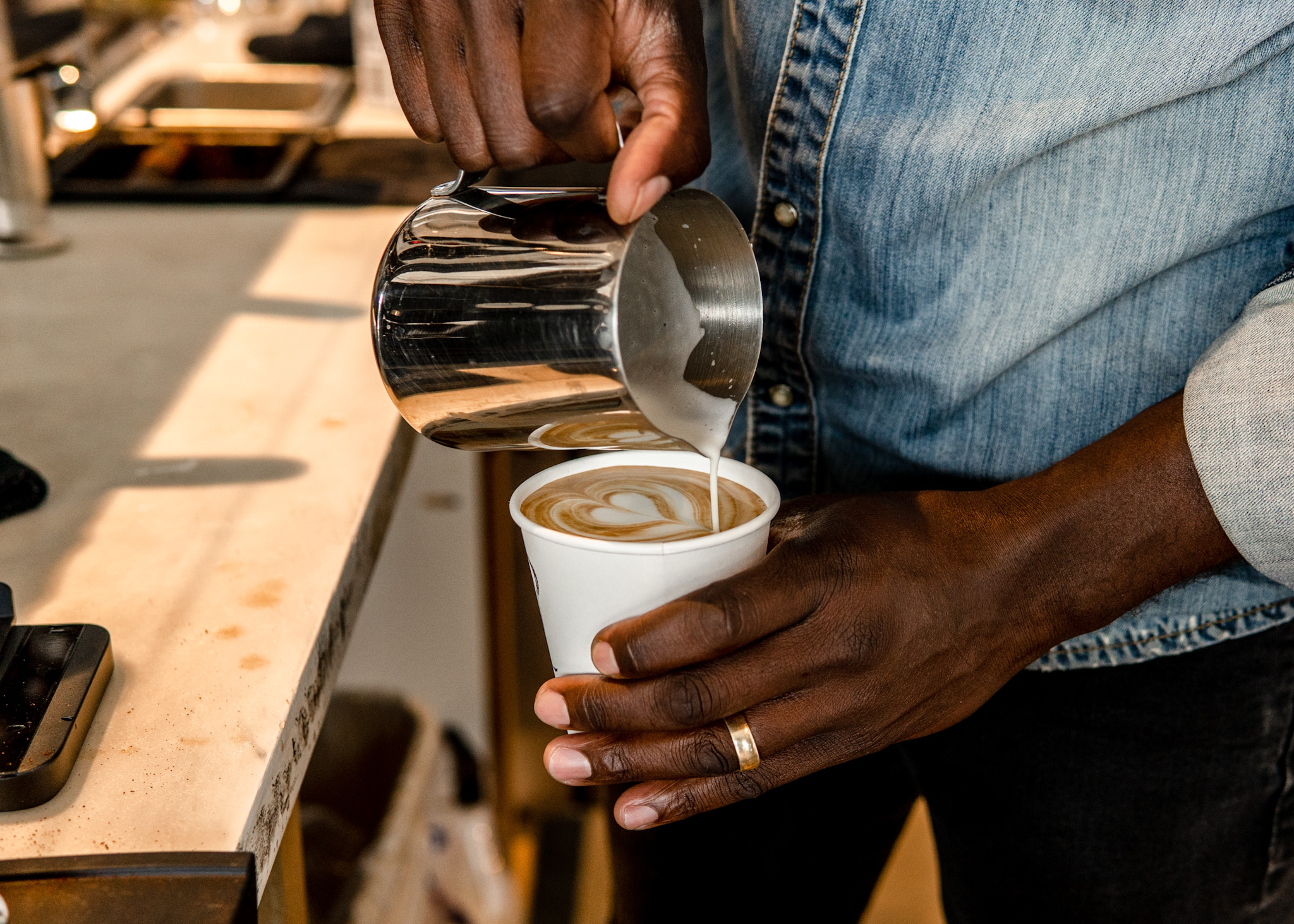
Success led to more opportunities. Soon Ackah-Miezah set up a second coffee cart at the Park La Brea Apartments, a residential complex in the Fairfax District of Los Angeles, that ran for ten years. His Playa Vista brick-and-mortar cafe opened in 2017, while his work at the carts continued. His team grew, affording new opportunities to young people, training up baristas, and growing the brand, while Ackah-Miezah spent less and less time behind the bar. “When I would go to fill in shifts, customers questioned who I was,” he tells me—a refrain familiar to many a growing cafe owner. “On one hand, it was great because the cafe was able to run without me, but on the other hand, it kind of hurt. This is my baby.”
Then the pandemic hit. Film production all but completely shut down in Los Angeles, and city residents tightened their circle of travel, consuming coffee in their immediate neighborhoods. Like so many business owners, Ackah-Miezah was forced to rethink elements of his company to survive. This brought challenges, but also new opportunities—the Santa Monica location of Ruisseau opened in November of 2020, on the ground level of the new Goop headquarters building.
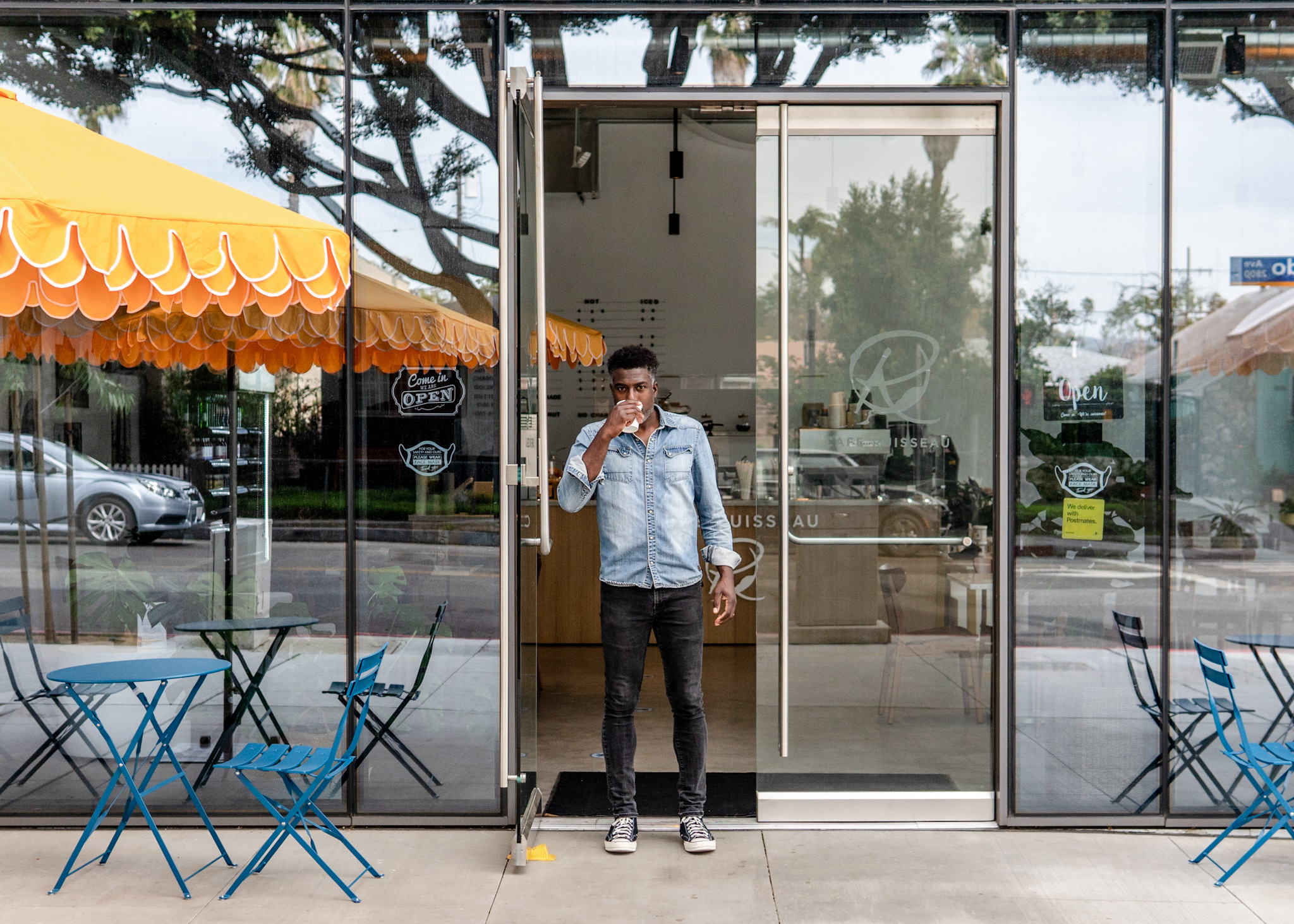
If you believe in silver linings, the pandemic afforded him the opportunity to reconnect with his customers on a deeper level. Today you can regularly find Ackah-Miezah back behind the bar again at both shop locations, and he remains deeply excited about the coffee experience they provide, even amidst a pandemic. “I’m a part of people’s everyday lives and something they care about, and we have a mutual benefit of wanting to make things better in this part of Los Angeles we live in,” Ackah-Miezah tells me.
Succulent Coffee Roasters, a cafe and roastery in Newport Beach and Downtown LA, respectively, white labels Cafe Ruisseau’s three staple blends: The Miseducation, Illmatic, and Love Jones. Guests at Cafe Ruisseau can now enjoy favorites like the golden latte or Ackah-Miezah’s go-to, a pleasant cortado, made by Ruisseau herself. The cafe’s namesake is now 17 and works alongside her father as a barista.
I can’t think of a clearer example of legacy manifesting, to pass on the craft and the business behind to a member of the next generation, for whom the cafe was named—for whom the whole venture was conceived in the first place as a means of supporting and providing. But Edward Ackah-Miezah is thinking even bigger. He wants to share his work not just with his community, not just with his family, but the entire city of Los Angeles. “I love LA,” he shares. “There’s something really genuine and authentic about the experience here. I think I have an opportunity with Cafe Ruisseau to have an experience that’s very sweet and beautiful, and organic as well. That starts with how I treat myself, the people that work for me, how they treat each other, and in turn, how we treat the guests that come into the door.”
“Coffee culture can tend to be a little pretentious and exclusive,” he continues, “but it doesn’t have to be like that. If we’re able to drop the pretentiousness within our space, we can have a lot more success all learning together, and a lot more fun.”
This story is far from over, of course. Edward Ackah-Miezah will continue to build something lasting and positive—for his family, his community, and the city at large—while we strive to do the same in our own personal lives. We all have the opportunity to pass on what we value most. Our legacies can always start right here with each of us.
Michelle Johnson is an editor at large at Sprudge Media Network and the founder and publisher of The Chocolate Barista. Read more Michelle Johnson on Sprudge.




